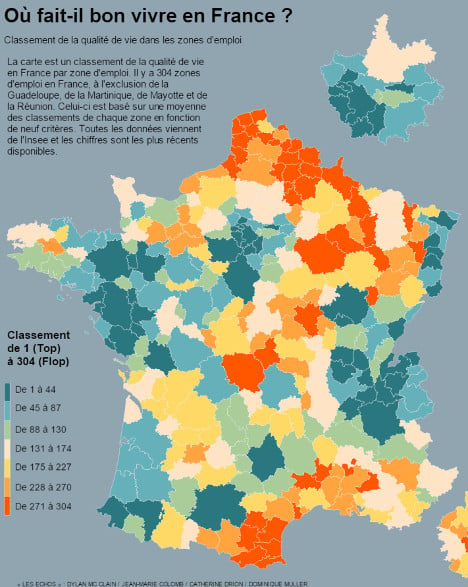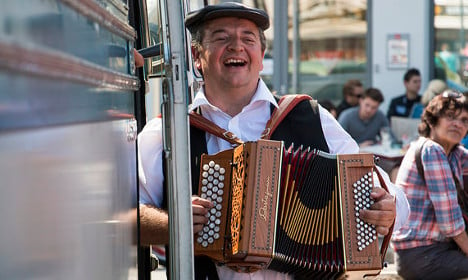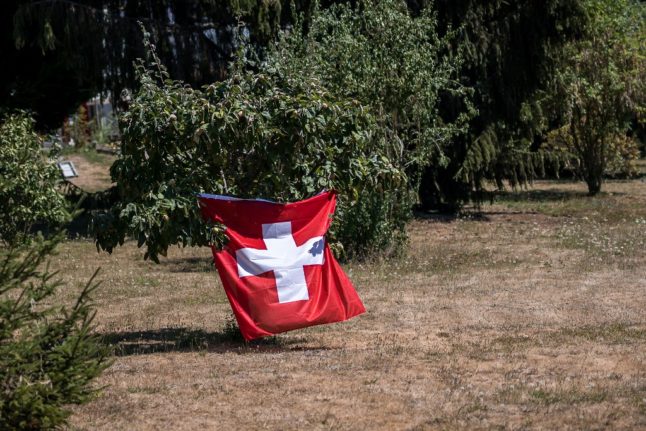(A map of Genevois Francais. Photo: Liam D/WikiCommons)

The study, which was based on a similar report from the New York Times in 2014, found that the bottom ten areas were almost exclusively in the far north of the country, and are coloured bright orange in the map above. Here are all ten, starting with Lens-Hénin in absolute last place.
“The zones that performed a bit better in France are the regions that don't have a strong state intervention, but actually the areas that were once religious and where Catholicism strongly resisted against the state,” he told Les Echoes.



 Please whitelist us to continue reading.
Please whitelist us to continue reading.
Member comments